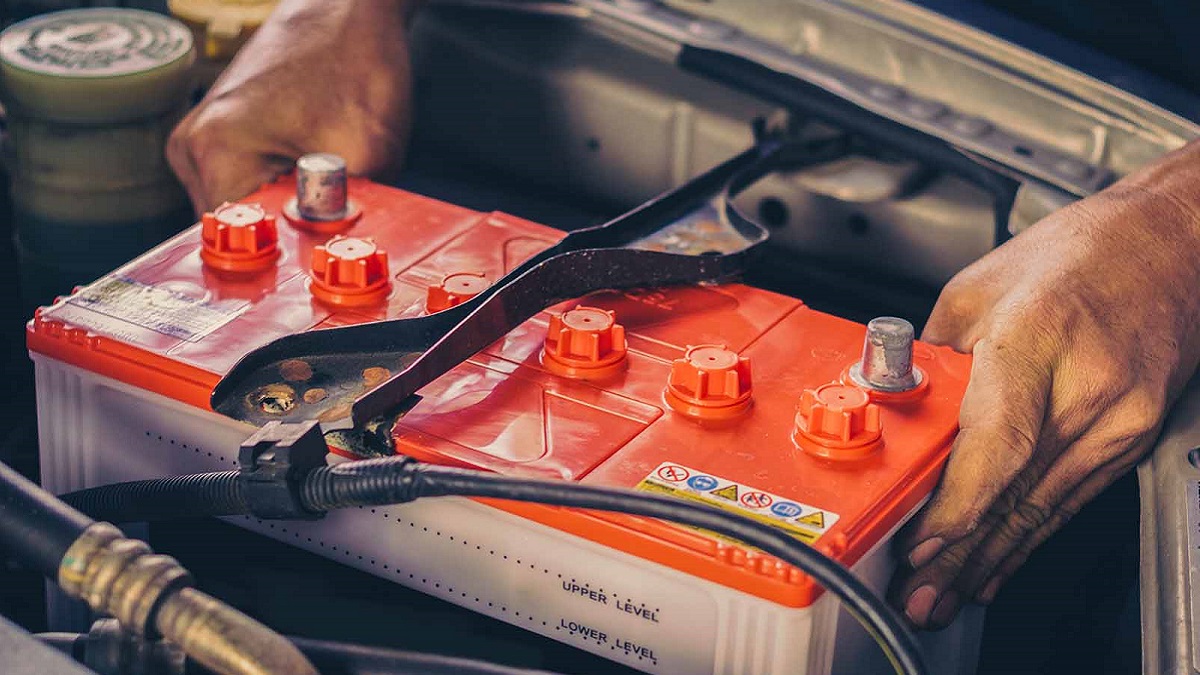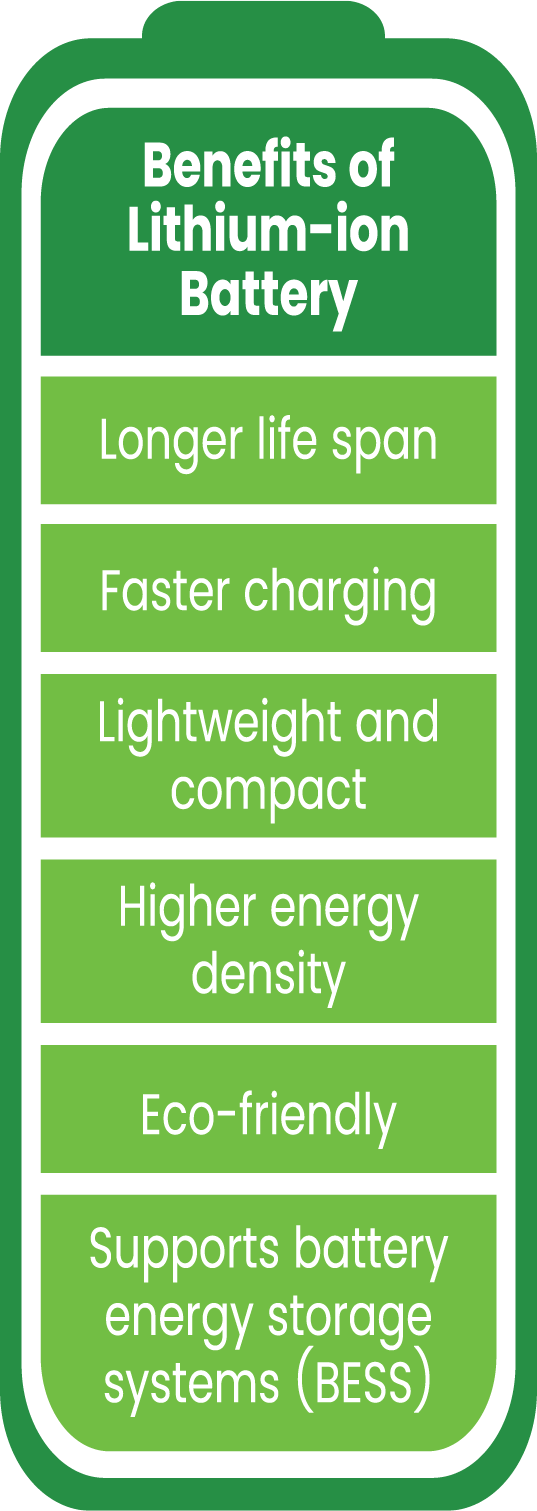Can Bangladesh become a battery powerhouse?
August 08, 2025

The battery industry in Bangladesh, now over 70 years old, is one of the country’s most established and technologically independent sectors. It is likely the only industry in the country that produces a high-tech product from start to finish—design, manufacturing, and market delivery —entirely within national borders.
Today, the industry contributes over $1 billion annually to the local economy, powering a wide range of sectors.
From four-wheelers to electric rickshaws, household IPS units to telecom base stations, and even power generation systems—Bangladeshi batteries are everywhere.
From lead-acid to AGM
For decades, the industry was built on lead-acid battery technology, which required routine maintenance. In the early 2000s, a transformation began with the introduction of maintenance-free Absorbent Glass Mats or AGM batteries. This evolution was especially significant for the telecom industry, which had previously relied entirely on imported power solutions.

By 2008, locally made AGM batteries began replacing imports in telecom towers. It was a breakthrough that happened quietly, but it represented a giant leap forward in self-reliance and technological capability.
As someone involved in advocating this change through Rahimafrooz, this author witnessed firsthand how a national industry earned the trust of a critical sector.
Export opportunities waiting to be unlocked
Globally, China dominates the lead-acid battery space, but Bangladesh has carved out a respectable domestic market.
Despite possessing the necessary skills, raw materials, and infrastructure to compete globally, only a small number of Bangladeshi companies export.
This is surprising, especially since Bangladeshi-made batteries are already recognized for their durability and affordability. Countries in Africa, South Asia, and the Middle East offer promising export opportunities if the right trade and promotional frameworks are implemented.
The lithium leap
The global shift toward lithium-ion battery technology marks a new chapter for energy storage.
In Bangladesh, lithium batteries are already widely used, mainly in telecom networks and mobile devices. Most telecom towers are now backed up by lithium batteries, ensuring stability in power outages.
The next big leap is the electric vehicle (EV) revolution. From two-wheelers to hybrids and electric cars, lithium batteries will become the heartbeat of a new transportation ecosystem.
Bangladesh’s electric three-wheeler sector is also expected to transition to lithium soon. However, the 59% import duty on both finished and semi-knockdown (SKD) lithium batteries remains a major barrier.
Considering the immense potential ahead for this sector, the government and relevant authorities must come up with reforms and policy changes.
BESS: Future of power infrastructure
One of the most promising frontiers for Bangladesh in this sector is the Battery Energy Storage System (BESS) market.
BESS allows for the storage of renewable energy, offering a clean, efficient alternative to diesel generators. While the world is moving away from fossil fuels, BESS could save millions in foreign currency by reducing fuel imports, while making the power grid more reliable.
On the other hand, startups in Bangladesh are already piloting battery swapping technologies for electric vehicles, using lithium-ion cells to reduce upfront costs and improve convenience. With local production, this could become a massive growth industry.

Sustainable solutions
While the economic potential is vast, environmental concerns are pressing. Over 400,000 tons of lead are used annually, but only 59% of it is formally recycled. The remaining is processed in unsafe, informal facilities, posing severe health and environmental risks. Most manufacturers still turn a blind eye to this issue.
Lithium batteries offer a more sustainable alternative. Though not hazard-free, they are significantly safer and more recyclable. With proper refurbishment, lithium batteries can have two to three life cycles before final disposal.
Building a battery nation
To unlock the battery industry’s full potential, Bangladesh must adopt a multi-stakeholder approach.
Large-scale projects should be implemented through public-private partnerships. Policy incentives for clean production and exports should be available, and a significant boost in R&D investment in battery technologies should be a priority.
Education and training for engineers and technicians must continue, while there needs to be strict environmental regulations and enforcement.
Bangladesh’s battery industry is no longer just a supporting sector; it has become a strategic pillar for future growth. Already valued at over $1 billion, it could double in size in no time with the right interventions.
If exports are strategically pursued, the industry could generate $4 billion or more annually in foreign currency. This is not a fantasy. It’s the foreseeable future.
The question now is not if Bangladesh can lead the global energy transition but when.
Md. Nasimul Kabir is a seasoned business leader with over 16 years of experience in the battery, energy, and industrial sectors. He has held strategic roles in top companies like Rahimafrooz, Saif Powertec, and Sheltech Group, driving major B2B sales, key account acquisitions, and market expansion. Nasimul has also served as a consultant in lithium battery technology, advising on Bangladesh’s first battery-swapping network. Currently, he leads Medi Journey’s Bangladesh operations, focusing on business structuring, strategic growth, and corporate engagement in the healthcare and battery sectors.
Most Read

Electronic Health Records: Journey towards health 2.0

Making an investment-friendly Bangladesh

Understanding the model for success for economic zones

Bangladesh facing a strategic test

Bangladesh’s case for metallurgical expansion

How a quiet sector moves nations

A raw material heaven missing the export train

Automation can transform Bangladesh’s health sector

A call for a new age of AI and computing
You May Also Like
